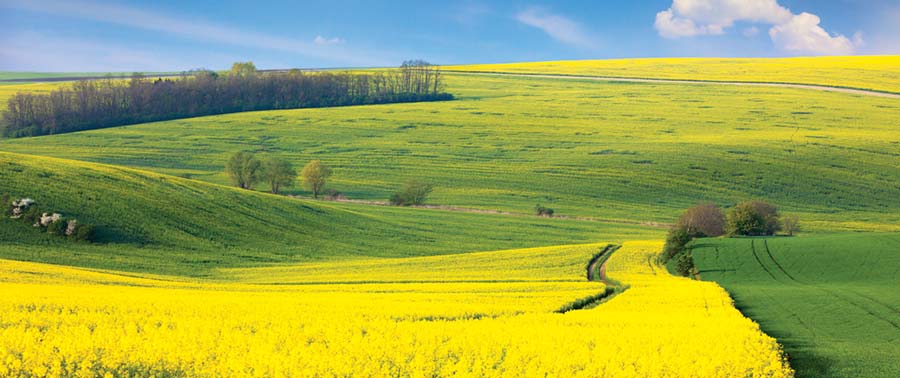



Fair terms vital
Even more importantly, one should not make the mistake of believing that it is possible to separate economic growth and environmental improvement. Indeed, history has shown that as much as nine-tenths of all deforestation caused by human beings since the emergence of civilisation had occurred before 1950. This was because people needed to clear massive areas of forested land in order to provide themselves with shelter, food, warmth and a multitude of objects.
The significant increase in the use of coal in the early decades of the 19th century, however, marked the beginning of a reversal of this trend – later accelerated by the advent of natural gas and petroleum. These not only acted as substitutes for the use of biomass fuels, but also dramatically improved agricultural productivity and eliminated the use of farm animals which consumed a significant portion of agricultural crops.
France was perhaps the first major country to experience what has since been termed as a ‘forest transition’ – its forest area expanded by one-third between 1830 and 1960, and by a further quarter since 1960.
Similar processes, although of varying intensity and scope, have been occurring in all major temperate and boreal forests, and in every country with a per capita GDP now exceeding US$4,600 (roughly equal to the GDP of Chile) – as well as in some developing economies, most notably China and India.

In Indonesia today, people die 9.5 years earlier than those in France. The infant mortality rate is 7.6 times higher. Indonesians also make 84.4% less money than the French. They need to get richer and in doing so, they will be able to better take care of their environment – this, by the way, already seems to be the case.
Tariffs, trade barriers and other centralised political tools might give us the feeling that we are doing the right thing. But it is not going to help poor countries get richer and experience a forest transition or any other environmentally-friendly transition that might be needed.
A much more decentralised system based on the responsibility of all players – be they producers or buyers (manufacturers, political bodies) – as well as well-defined property rights and competition might be a much better way to make sure that the economic development needed in poorer countries – and even sometimes in our own countries – goes hand in hand with a better environment.
In the palm oil saga, we get the impression that a developed Europe feels it has the moral right to reduce market opportunities in emerging countries, without realising that this is going to hinder their economic development and their environment as well. This is exactly contrary to the long-term goal one should try to reach.
Cécile Philippe, Director-General &
Hiroko Shimizu, Associate Researcher
Institut Économique Molinari, Paris
This is an edited version of the article.
Pages : 1 2